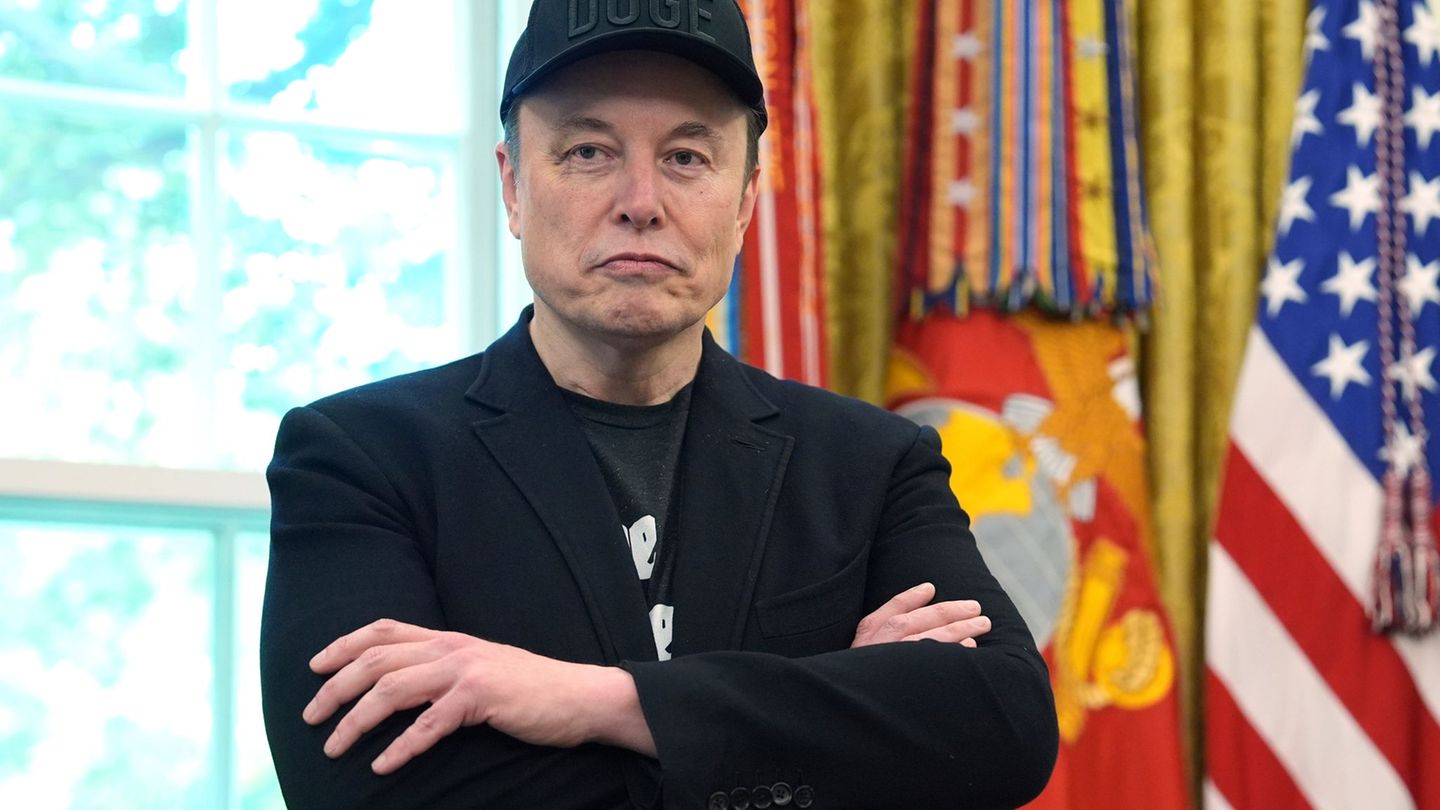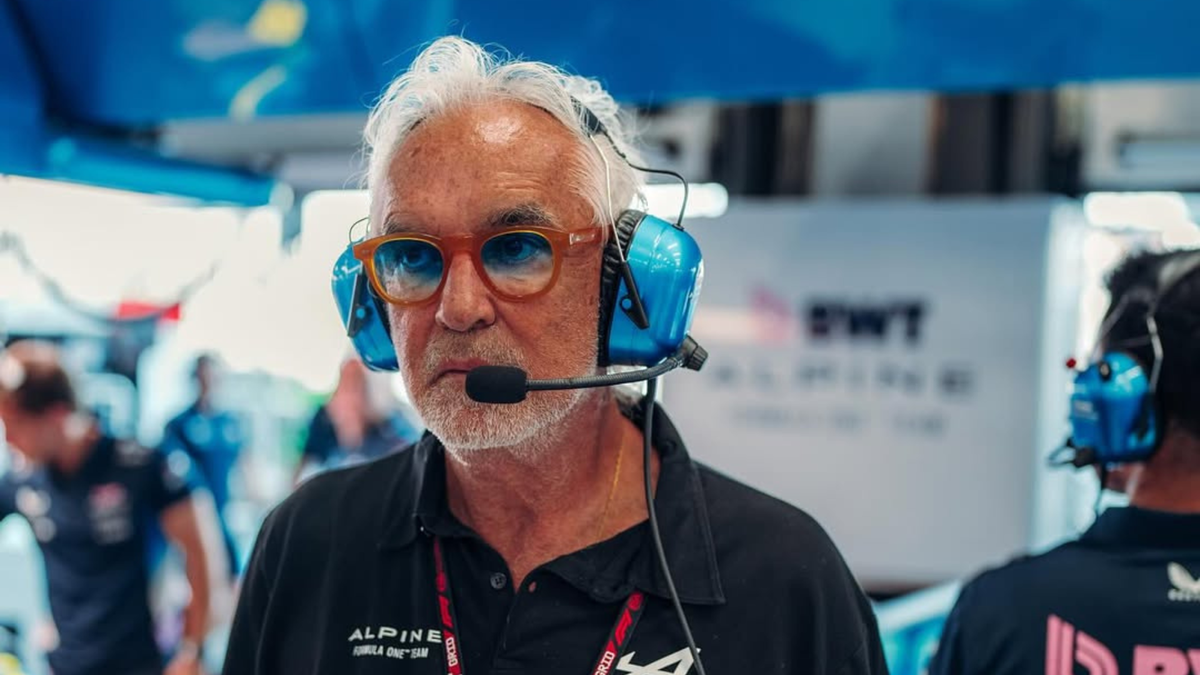The dispute over the future of Germany’s largest steel manufacturer has reached a new peak. Several top officials are quitting, including Sigmar Gabriel. And what about the future of the employees?
At the industrial group Thyssenkrupp, the dispute over the reorganization of the steel division has escalated further: three steel board members and four supervisory board members have resigned, including chief supervisor Sigmar Gabriel and steel boss Bernhard Osburg. The board members’ mandates will end with immediate effect, Gabriel explained in Duisburg after a supervisory board meeting of the steel division. The supervisory board members want to resign their mandates on time. Only the day before, media had reported that the three board members had been presented with termination agreements.
Gabriel makes serious accusations against Thyssenkrupp boss
Gabriel believes that responsibility for the resignations lies primarily with Thyssenkrupp CEO Miguel López. He publicly launched an “unprecedented campaign” against the steel board. This was a “serious breach of trust”. “Obviously the aim was to get the board to resign.” Around three weeks ago, López publicly accused the steel board of “whitewashing” in connection with its plans for the reorganization. López demanded that the steel board finally present a long-term, viable business plan for the reorientation of the steel division.
The background to this is, among other things, a bitter dispute over the financial resources provided to the division by the parent company in the planned independence and reorganization. The parent company does not believe that the steel board’s current plans for restructuring go far enough.
The steel division has been suffering for a long time from the economic downturn and cheap imports. This is one of the reasons why it has had to cut capacity and therefore also staff. What the reshuffling of the executive board and supervisory board means for the future of the employees is still completely unclear. The supervisory board had actually wanted to draw up a plan for financing the next two years – but this did not happen.
The Thyssenkrupp steel division is Germany’s largest steel producer. 27,000 people are employed there, 13,000 of whom work in Duisburg alone. The works council fears that the restructuring will “halve the steelworks” and lead to thousands of jobs being cut.
Gabriel also fires against owner and supervisory board Russwurm
Gabriel described the measures adopted by the steel division’s supervisory board at the beginning of August as “a promising path to the repositioning of the steel company.” The plans included the sale of the Krupp Mannesmann steelworks, in which Thyssenkrupp Steel has a 50 percent stake.
“A good three weeks later, we have to acknowledge with great regret that there are differences of opinion about this common path, particularly with the CEO of Thyssenkrupp AG, with the strong support of his Supervisory Board,” Gabriel continued. The Chairman of the Supervisory Board of the parent company Thyssenkrupp is Siegfried Russwurm, who is also President of the Federation of German Industries.
Former Thyssenkrupp CEO Martina Merz had brought Gabriel in as chairman of the steel division’s supervisory board in 2022 to promote independence in the process of becoming a spin-off. He said goodbye with the words: “Above all, I wish the employees that you get bosses as good as the ones you are now losing, and better owners than you currently have.”
IG Metall: “We are faced with a shambles”
IG Metall criticized the events. “The replacement of the three experienced steel board members sets us back miles,” explained the deputy chairman, Jürgen Kerner, who also sits on the supervisory board of the parent company. These personnel decisions are intended to distract from the standstill on the real problems. “A good year after Mr. Lopez took office as CEO, we are faced with a shambles.”
Criticism also came from politicians. “By de facto sacking the steel board, Mr Lopez is not solving a single problem,” said Sarah Philipp, the SPD state chairwoman for North Rhine-Westphalia. On the contrary, he has destroyed all trust among politicians, the workforce and in co-determination. “His calculated attack on the employee side is dramatically exacerbating the company’s crisis.”
Source: Stern




